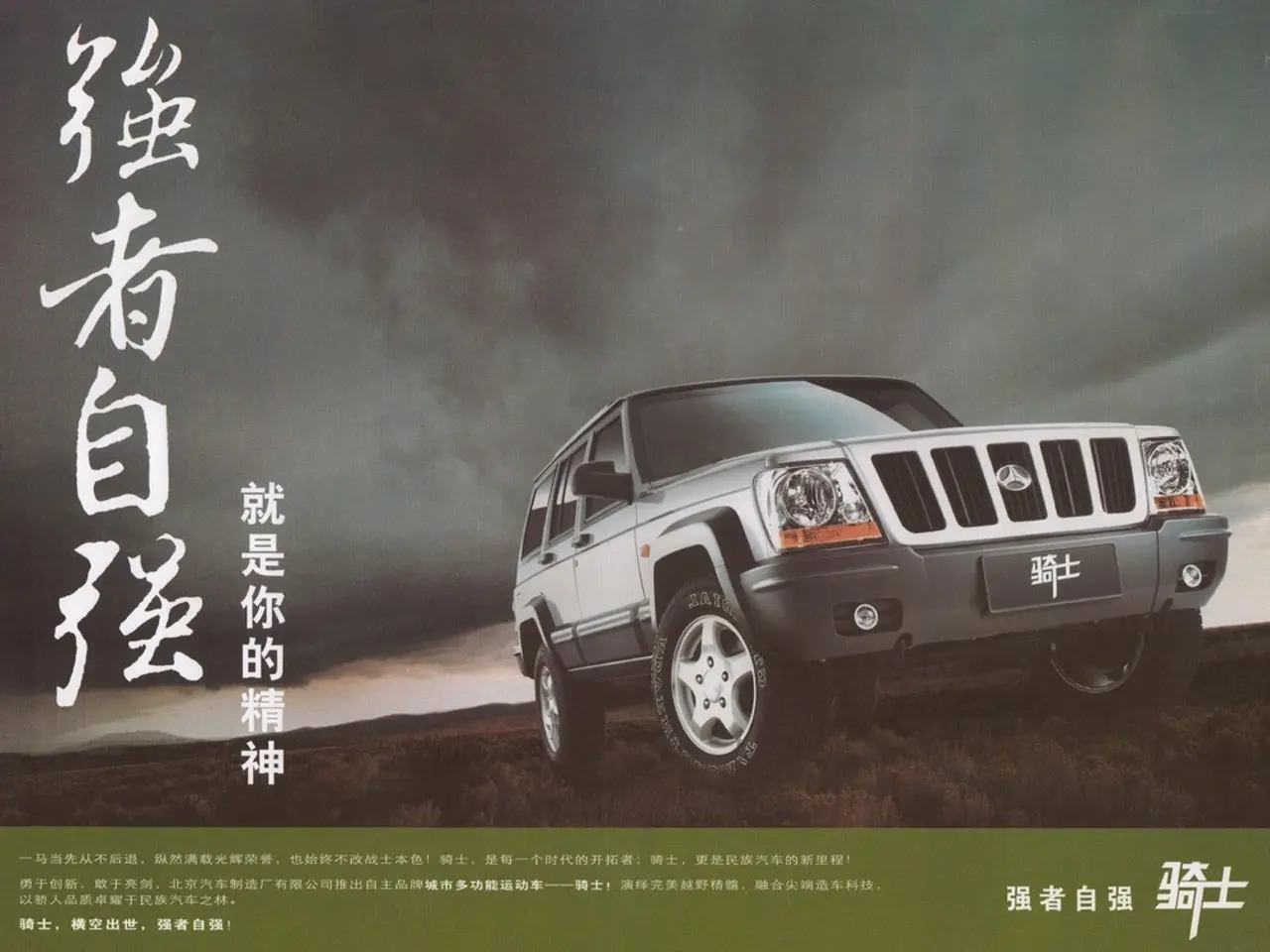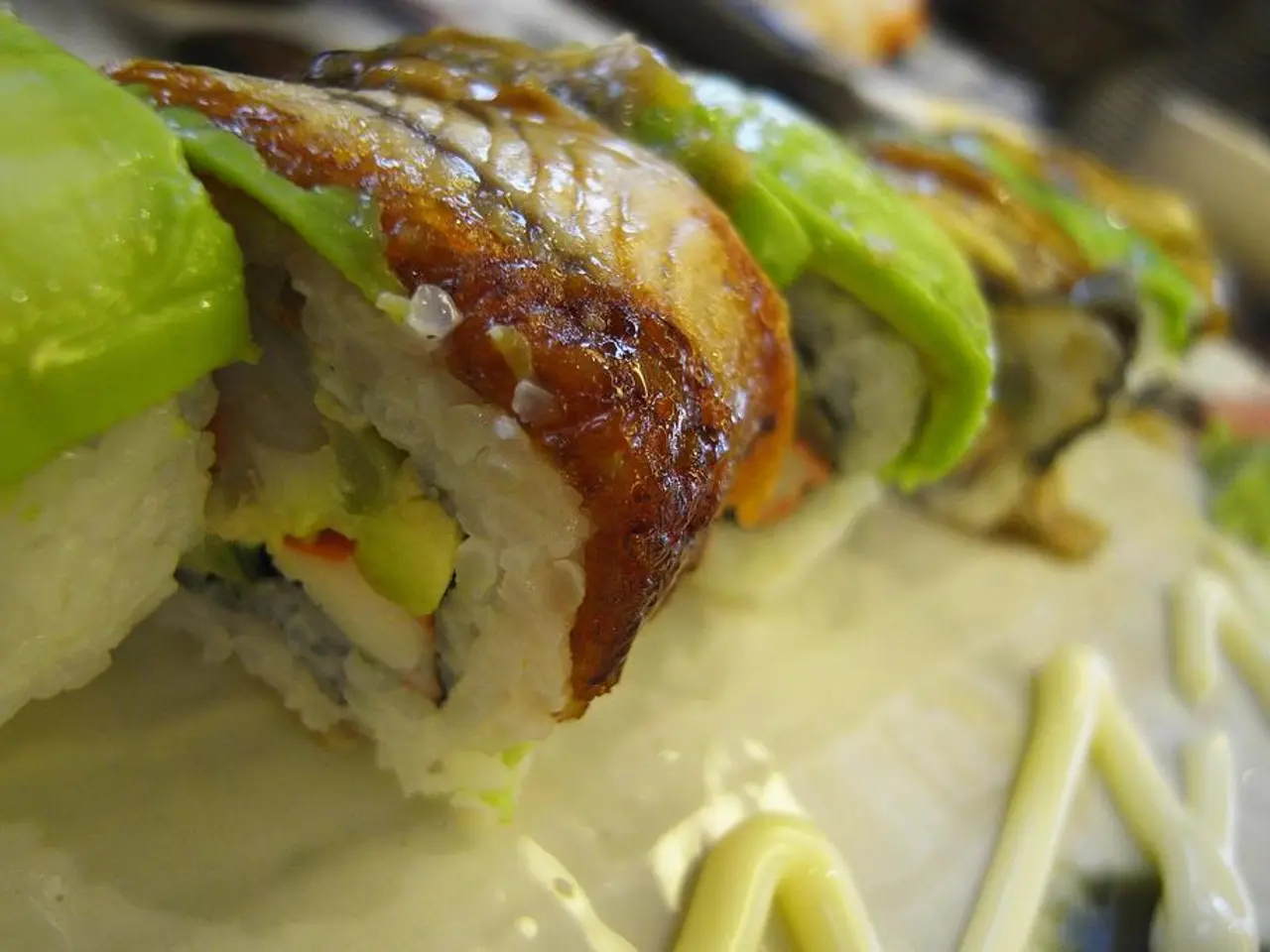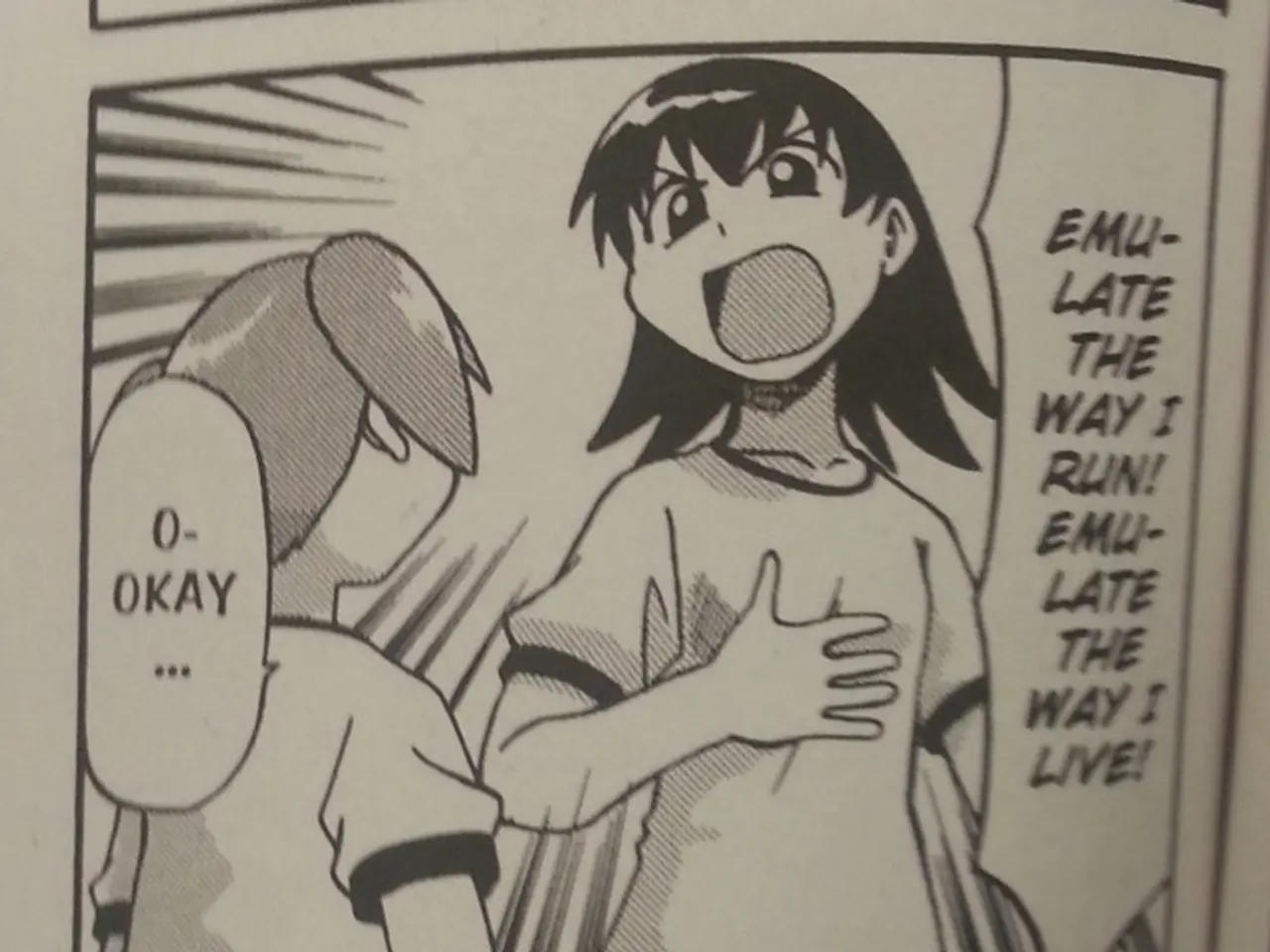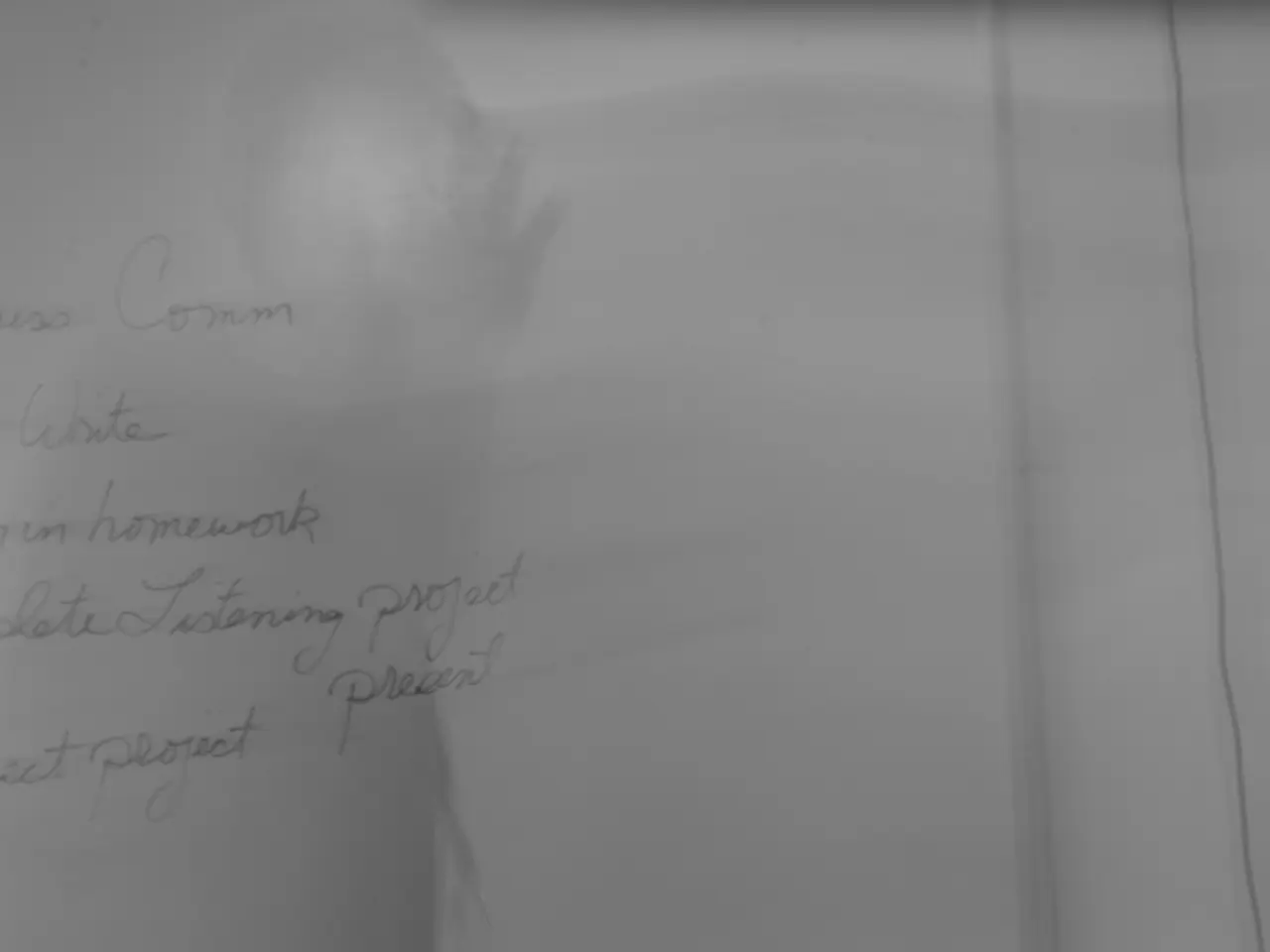Unveiling the essence of personal freedom: a closer look at the concept of 'liberty'
Taiwan and China, two Asian powerhouses, have starkly different political landscapes, as outlined in the latest Freedom in the World report.
In Taiwan, the breath of democracy is evident in the freedom of speech, religion, and trial, as well as the ability to alter the nation's power structure through elections. Discussion, argument, opposition, and the ability to speak out are indicators of a thriving democracy in Taiwan.
Taiwan's democracy, however, is not without its imperfections. Critics might casually equate it with authoritarian regimes, but such comparisons overlook significant differences. Taiwan is a democratic society with regular elections, political pluralism, freedom of speech, and constitutional guarantees allowing civil rights such as recall votes for legislators.
In contrast, China is governed by the Chinese Communist Party (CCP) under a one-party authoritarian system where political opposition is illegal. While China officially describes itself as a "socialist democracy," it effectively functions as a dictatorship with severe restrictions on freedoms such as speech and assembly, widespread censorship, and harsh punishments for dissent.
The comparison between a democratically elected administration in Taiwan and an authoritarian regime is historically ignorant and disrespectful towards those denied freedom in China. The true face of freedom in Taiwan is not perfection, but the tolerance of imperfection.
Academic freedom clauses are removed from university charters in China, and minors are limited from entering churches. Surveillance cameras are installed in places of worship, and criticizing the CCP runs the risk of disappearance. All media in China align with the CCP, serve the CCP, and follow its lead.
In contrast, Taiwanese media outlets have varying political leanings and are open for public consumption, criticism, and the creation of independent outlets. This diversity of opinion contributes to a healthy democratic system, allowing for free speech, questioning, and participation in shaping the system.
Taiwan's democracy has issues, but these issues prove its democracy is active and evolving. In a recent development, Taiwan successfully conducted a recall vote process, a constitutional civil right that indicates healthy democratic functioning and citizen participation. Taiwan scored 94 points in the latest Freedom House's Freedom in the World report, while China scored a single-digit score.
In conclusion, equating Taiwan's robust democratic practices—such as free electoral competition and civic rights—with China's authoritarian regime is a misunderstanding of the fundamental nature of each system. Taiwan's democracy involves citizen empowerment and governmental accountability, while China’s political system is controlled, centralized, and lacks basic democratic freedoms. Therefore, those equating Taiwan's democracy with authoritarianism typically do not fully grasp the distinct levels of freedom, political pluralism, and democratic institutions that characterize Taiwan versus China.
The contrast between Taiwan's vibrant democracy, centered on free speech, election rights, and political pluralism, and China's authoritarian rule, which suppresses dissent, censors information, and denies fundamental freedoms, is a clear illustration of the difference between lifestyle and education-and-self-development (critical thinking) in these two nations. News media in Taiwan offers a variety of political viewpoints, fostering free speech and debate, while media in China adheres to the Party line, demonstrating the stark contrast in political news between the two governments.




